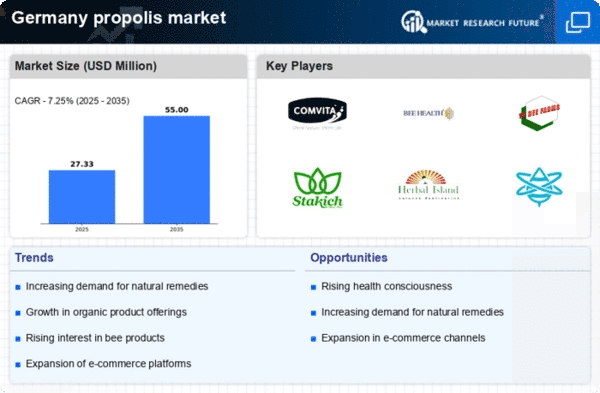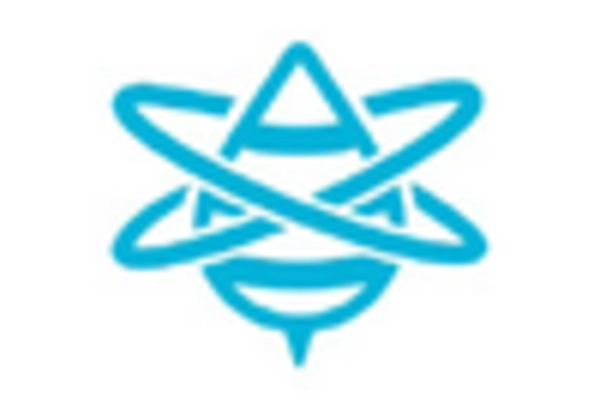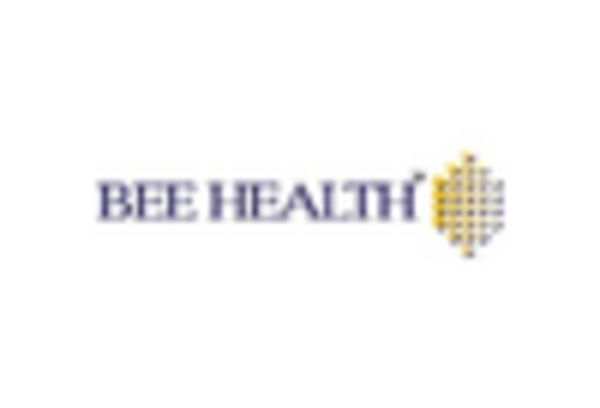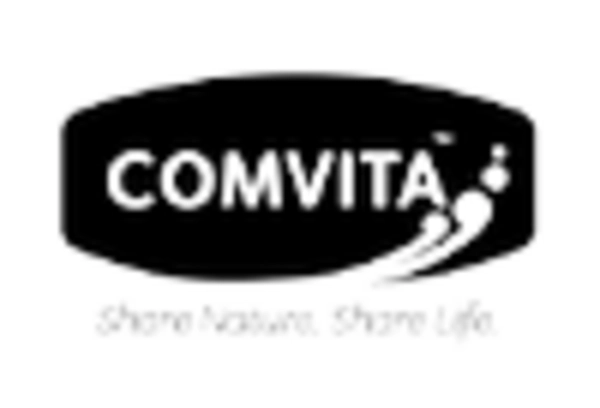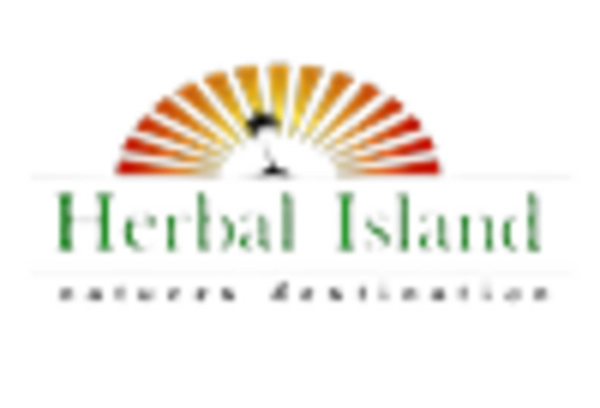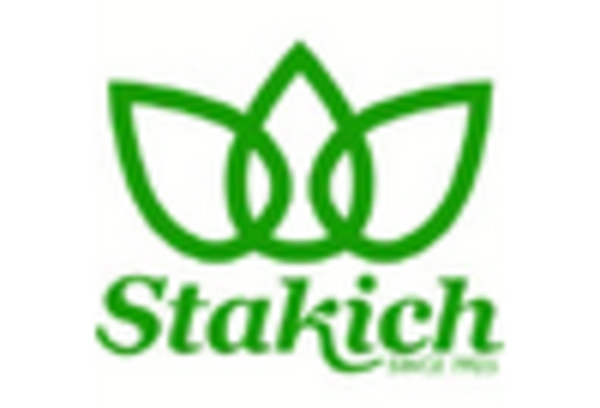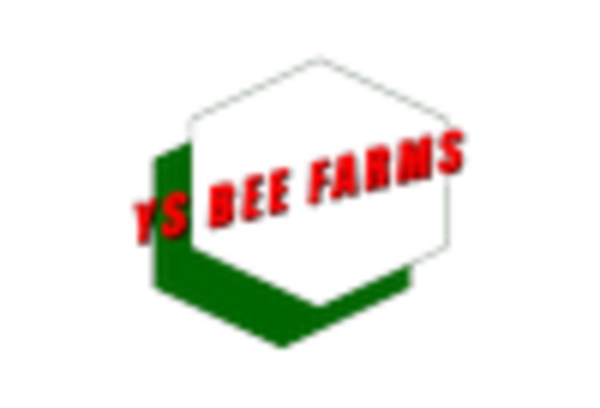Rising Interest in Beekeeping
The resurgence of interest in beekeeping among German citizens is likely to have a positive impact on the propolis market. As more individuals engage in beekeeping, the supply of propolis may increase, leading to greater availability of this natural product. Recent statistics suggest that the number of beekeepers in Germany has grown by approximately 15% over the past five years. This trend not only supports local economies but also promotes awareness of the benefits of propolis. Additionally, beekeeping education programs are becoming more prevalent, further encouraging individuals to explore this hobby. The growth in beekeeping could thus enhance the propolis market by ensuring a steady supply of high-quality propolis, which is essential for meeting consumer demand.
Increasing Health Consciousness
The growing awareness of health and wellness among consumers in Germany appears to be a significant driver for the propolis market. As individuals increasingly seek natural alternatives to synthetic products, the demand for propolis, known for its potential health benefits, is likely to rise. Recent surveys indicate that approximately 70% of German consumers prefer natural remedies over conventional pharmaceuticals. This trend suggests a shift towards holistic health approaches, which could bolster the propolis market. Furthermore, the increasing prevalence of chronic diseases may further fuel interest in natural products, as consumers look for preventive measures. The propolis market is thus positioned to benefit from this health-conscious consumer base, which is actively seeking out products that align with their values of wellness and sustainability.
Expansion of E-commerce Platforms
The rapid growth of e-commerce in Germany is transforming the way consumers access products, including those in the propolis market. With online sales channels becoming increasingly popular, consumers can easily purchase propolis products from the comfort of their homes. Data from recent reports indicates that e-commerce sales in Germany have surged by over 20% annually, reflecting a shift in shopping behavior. This trend is particularly relevant for niche markets like propolis, where specialized products may not be readily available in traditional retail outlets. The convenience and accessibility of online shopping could potentially enhance the visibility and sales of propolis products, thereby driving growth in the propolis market. As more consumers turn to online platforms, businesses in this sector may need to adapt their strategies to capitalize on this trend.
Innovations in Product Development
Innovations in product development within the propolis market are emerging as a key driver of growth. As manufacturers explore new formulations and delivery methods, the appeal of propolis products is likely to expand. Recent advancements in extraction techniques and product formulations have led to the creation of a diverse range of propolis-based products, including supplements, cosmetics, and health foods. This diversification is crucial in attracting a broader consumer base, particularly among those seeking multifunctional products. Market data suggests that the introduction of innovative propolis products could potentially increase market share by up to 25% over the next few years. As companies continue to invest in research and development, the propolis market may witness significant growth driven by these innovations.
Consumer Preference for Organic Products
The increasing preference for organic products among German consumers is a notable driver for the propolis market. As consumers become more discerning about the ingredients in their products, the demand for organic and sustainably sourced propolis is likely to rise. Recent market analysis indicates that organic product sales in Germany have experienced a growth rate of around 10% annually, reflecting a broader trend towards clean and ethical consumption. This shift suggests that consumers are willing to pay a premium for products that align with their values, which could benefit the propolis market. Companies that prioritize organic certification and sustainable sourcing practices may find themselves at a competitive advantage in this evolving landscape.


